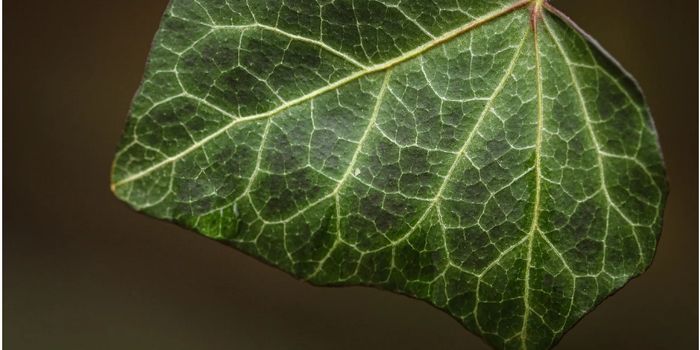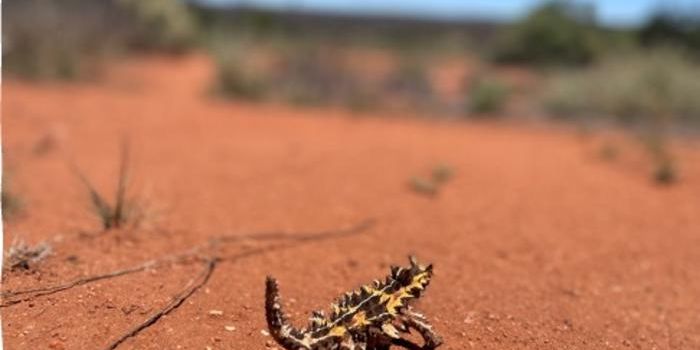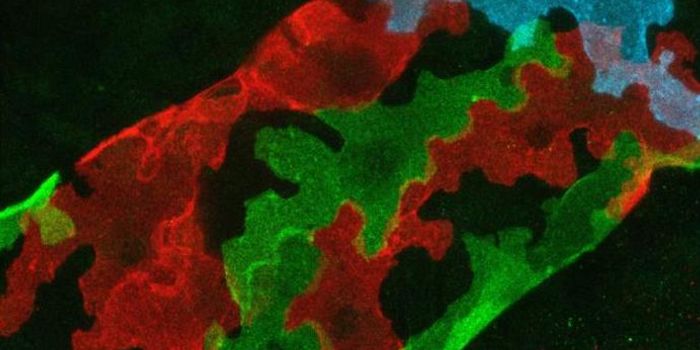Newly-Discovered Tea Plant Naturally Exhibits Little or No Caffeine
Tea is perhaps one of nature’s purest flavored drinks, and it can be brewed from not much more than some hot water and lightly-processed tea plant leaves. But despite the plethora of health benefits associated with drinking tea, tea plants tend to be loaded with excess caffeine.
Caffeine isn’t all bad; it can be helpful in some cases, but it’s not always desirable. Citing statistics shared by the Tea Association of the USA, at least 18 percent of tea drinks consumed by Americans in 2017 were decaffeinated. Decaffeination is an effective method for removing excess caffeine from tea plant leaves, but it can also adversely impact the drink’s flavor and health benefits.
Image Credit: American Chemical Society
Fortunately, the future of tea drinking looks bright for those who prefer decaffeinated drinks over their caffeinated counterparts. A study published this weekend in the Journal of Agricultural and Food Chemistry denotes how a newly-discovered tea plant from the mountains of Southern China called Hongyacha (HYC) exhibits little or no caffeine by nature.
Related: Plants thicken their leaves in response to higher CO2 levels, and that's bad
HYC is somewhat elusive in the wild, but it just might be the miracle tea plant that decaffeinated tea-loving humans have been searching for. Liang Chen and colleagues from the American Chemical Society analyzed the newly-discovered tea plant with a method known as high-performance liquid chromatography to discern its chemical composition.
The results revealed how HYC leaves exhibit hardly any caffeine at all but retain compounds associated with health benefits in regular tea leaves. But the excitement didn’t stop there. The researchers reportedly found other health-promoting compounds that aren’t typically present in regular tea leaves.
As it would seem, HYC’s decaffeinated qualities can be attributed to a genetic mutation that impacts the gene responsible for facilitating caffeine production in tea plants. That said, it’s an entirely natural and no-compromise decaffeination process that puts modern decaffeination techniques to shame.
The discovery of this new tea plant isn’t just crucial for reinforcing the scientific database of known plants, but also for revolutionizing the tea industry. Assuming the findings are accurate, HYC could go on to become a healthier alternative to the regular teas available to drink today.
Source: Science Daily, Journal of Agricultural and Food Chemistry









